Ask the Readers: Someone Gave Me a Laptop. Now What?
I had relatives from out of the country a little while ago and before they left, one of them decided to leave his laptop behind for me. It's an old model from the Toshiba Satellite 2410 series but I'm not complaining since I got it free.
The current configuration of the laptop is a little slow though so I've decided to put in some cash and increase the RAM. Now, all that's left is to figure out what to actually do with it. The first thing that popped into my mind was to use it to learn Linux. I've been a Windows user my entire life and although Linux appeals to me, I've never actually tried it out. My desktop is used by other people besides me and I wasn't allowed to install Linux on it.
I have a vague idea of what Linux is and its running but I'm still pretty unsure about other things so I decided to ask the Ghacks readers for their advice. Here re some of the questions I'm searching for answers to:
Should I consider dual-booting?
I've heard stories of Linux not being able to recognize drivers and such so I don't want to have to find that my system won't work without having some way of going back and fixing it. My graphics card is a NVidia GeForce 4 420 and I also have a Linksys WPC11 Network Adaptor card.
Can my laptop handle it?
Even after upgrading, my laptop will have a configuration of 1.8 GHz with 1 GB of DDR RAM. Also, my hard disk has a capacity of 40 GB. Assuming I leave about 10 GB for the Windows partition, is 30 GB enough to run Linux comfortably?
What distribution should I choose?
If I do go ahead and install Linux, I'm tending towards Ubuntu. It seems to be the most popular distribution and has a lot of support available for it. Another distro that appealed to me was OpenSuse but I'm not too sure about it.
How important is it to have an internet connection?
My laptop won't really be connected to the internet (unless I can figure out a way to get a connection). Is this a drawback to using Linux?
For now, that's about it. I'm looking forward to all your answers. Have I missed out any other important questions that need to be addressed? Let me know.
Update: Thanks for all your suggestions. I've decided to try Ubuntu as a LiveCD for some time and see how I feel before I install it. Wish me luck.






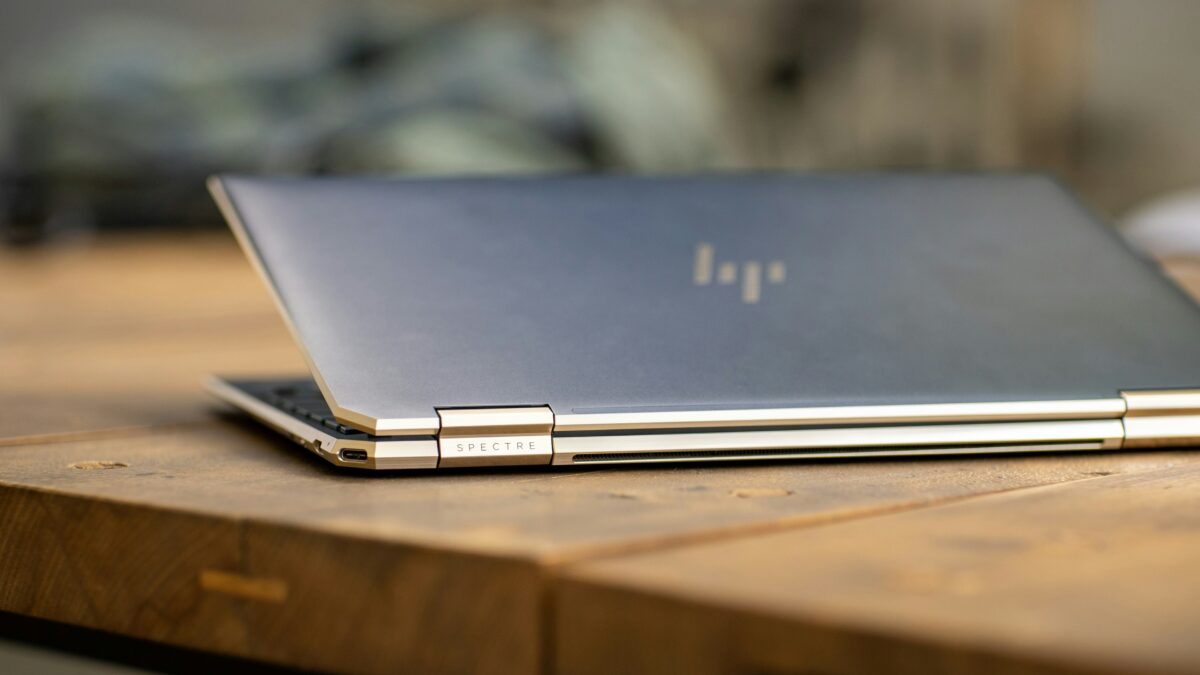
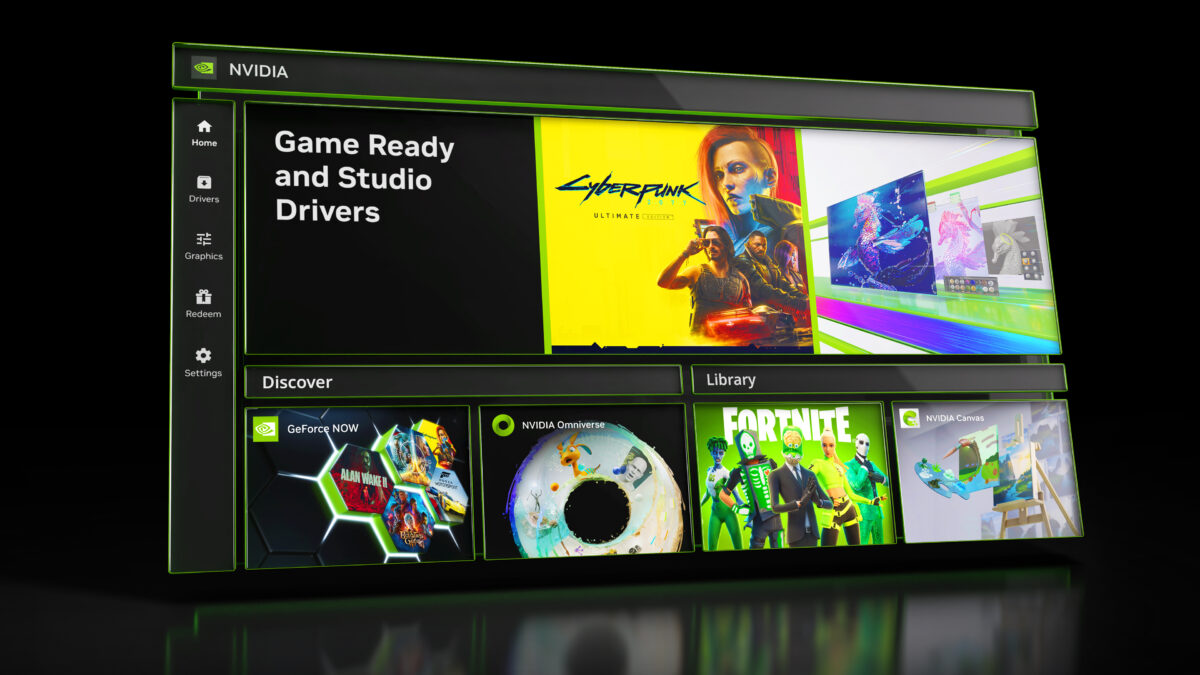
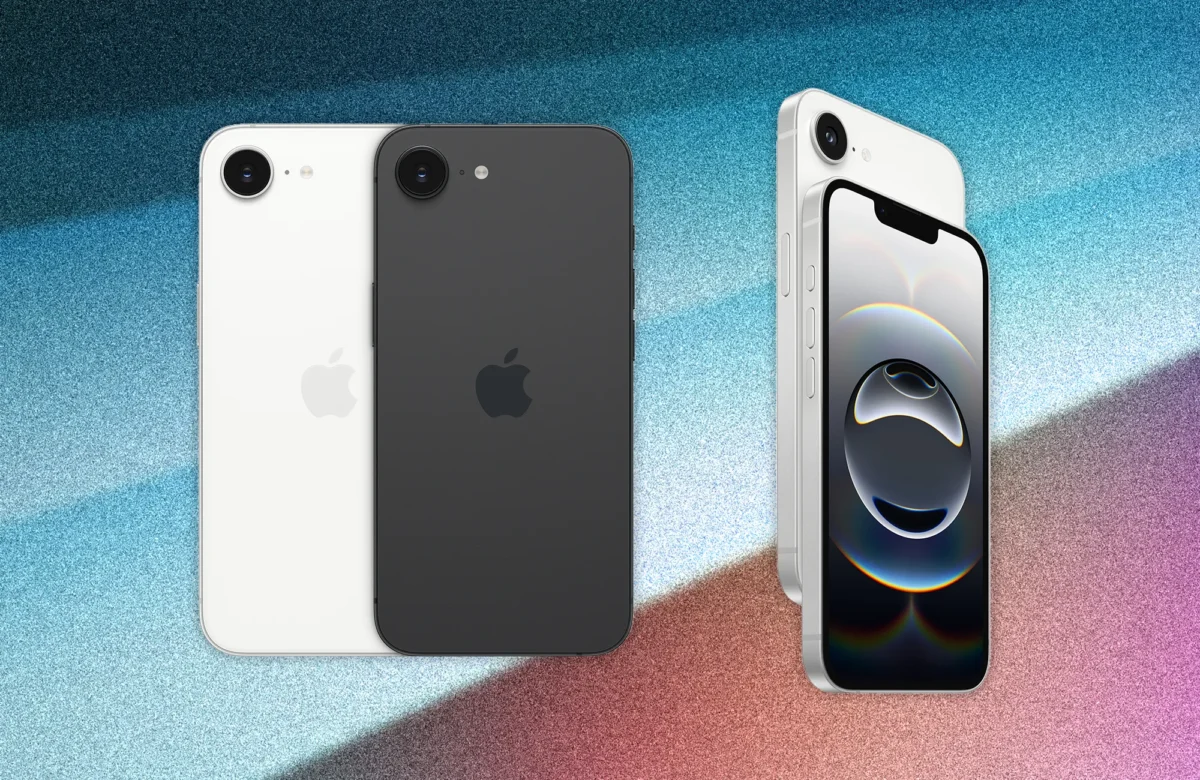
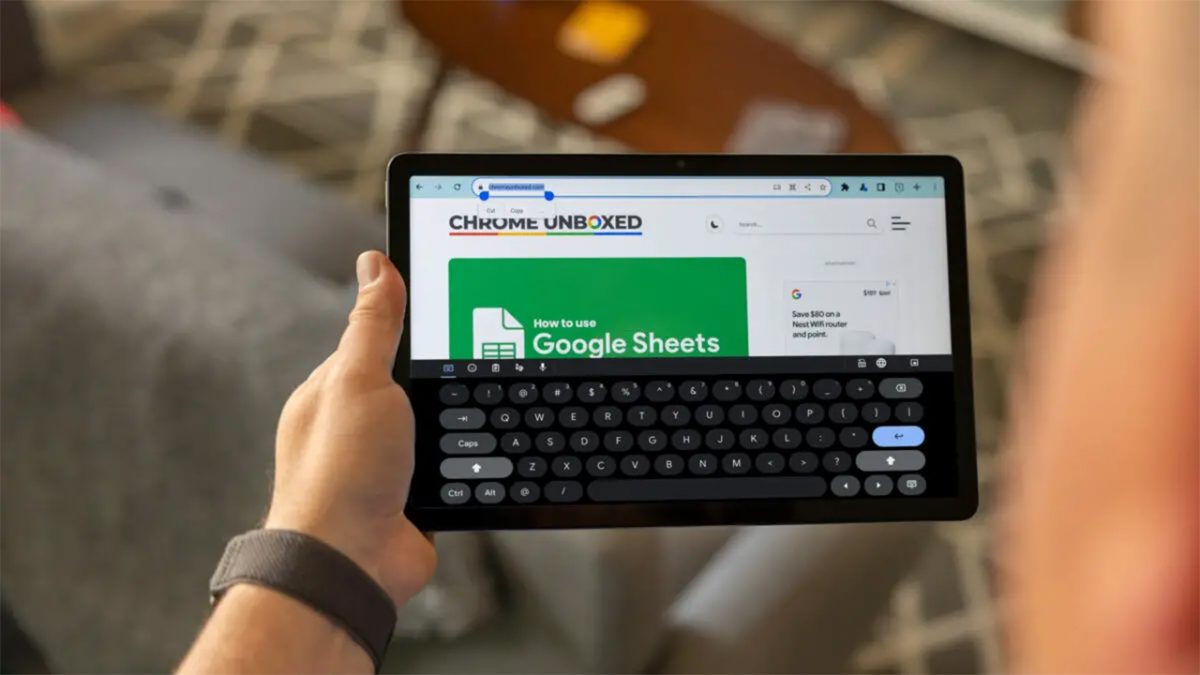
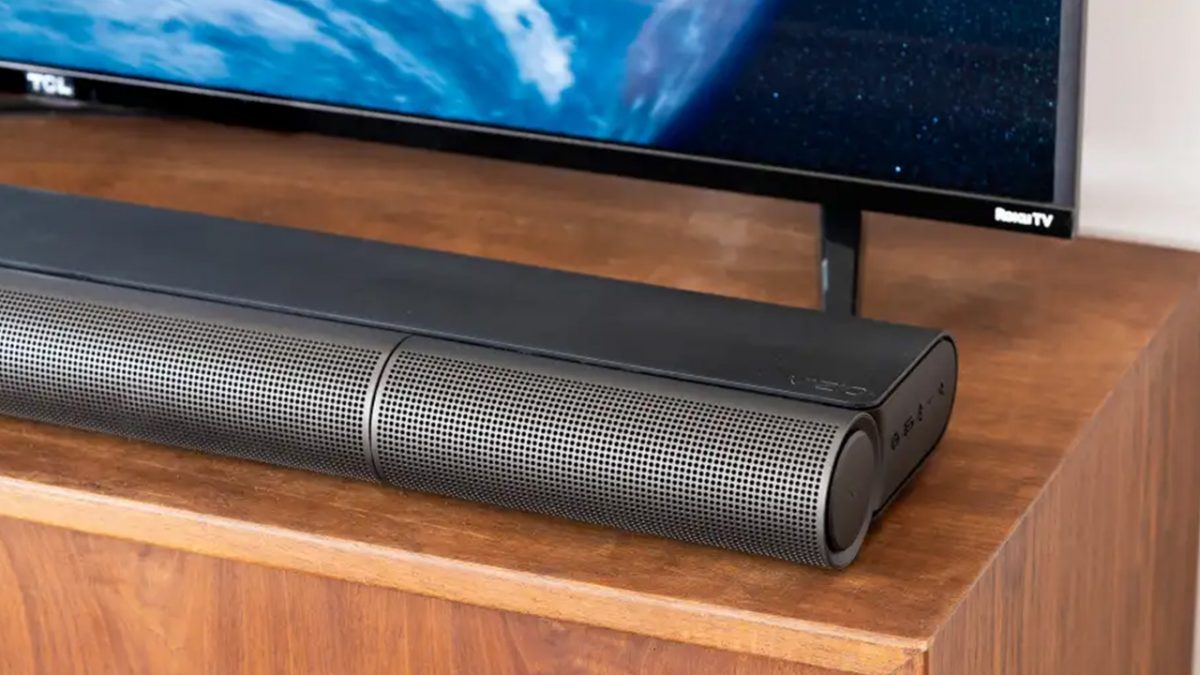
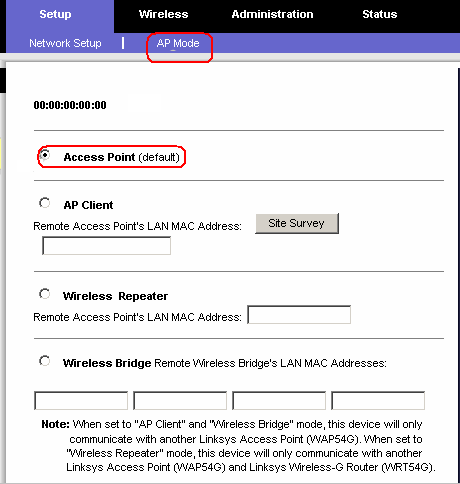
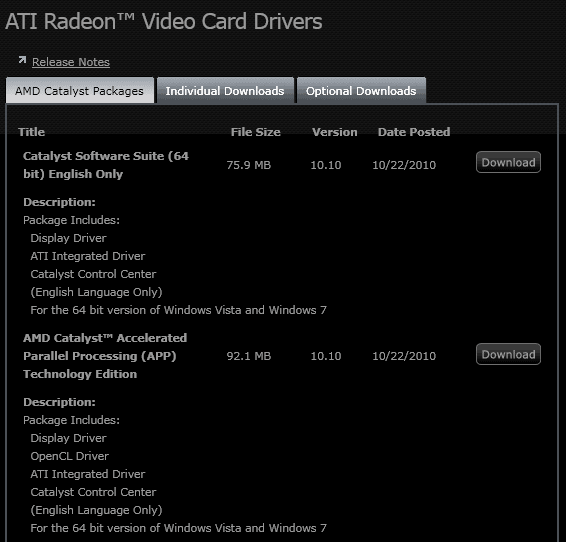



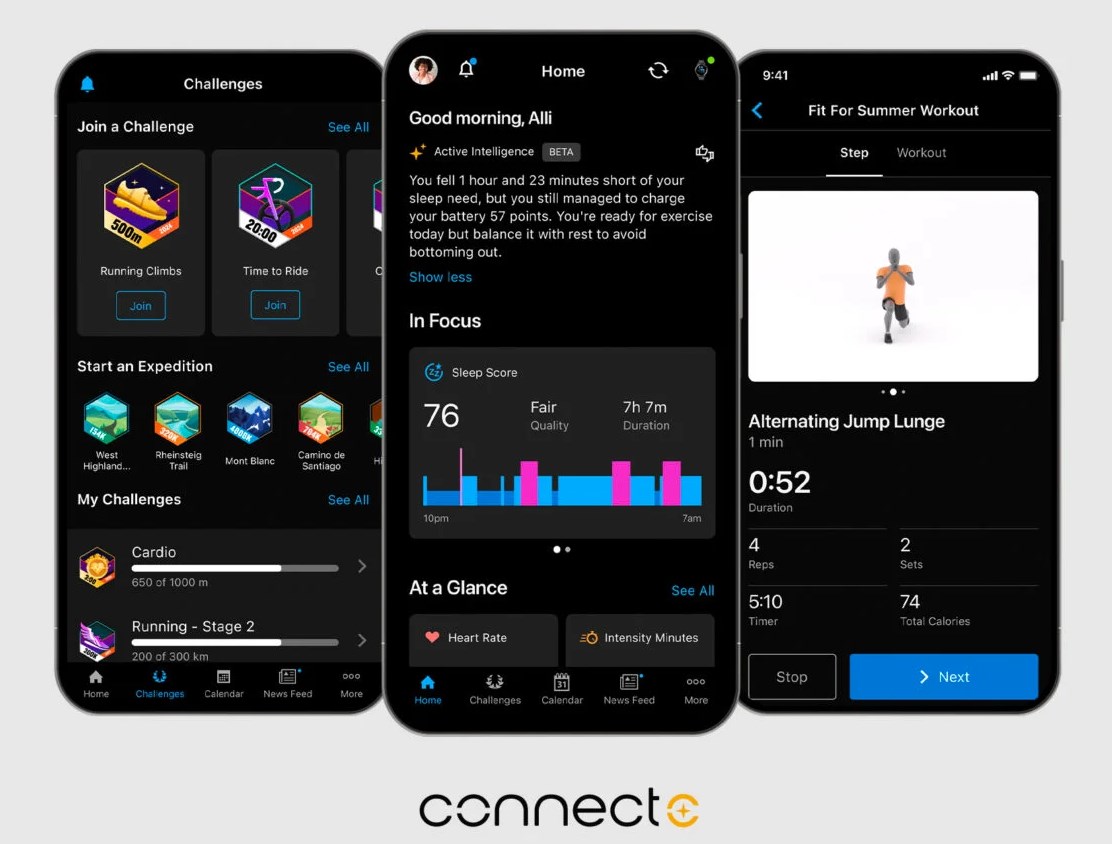

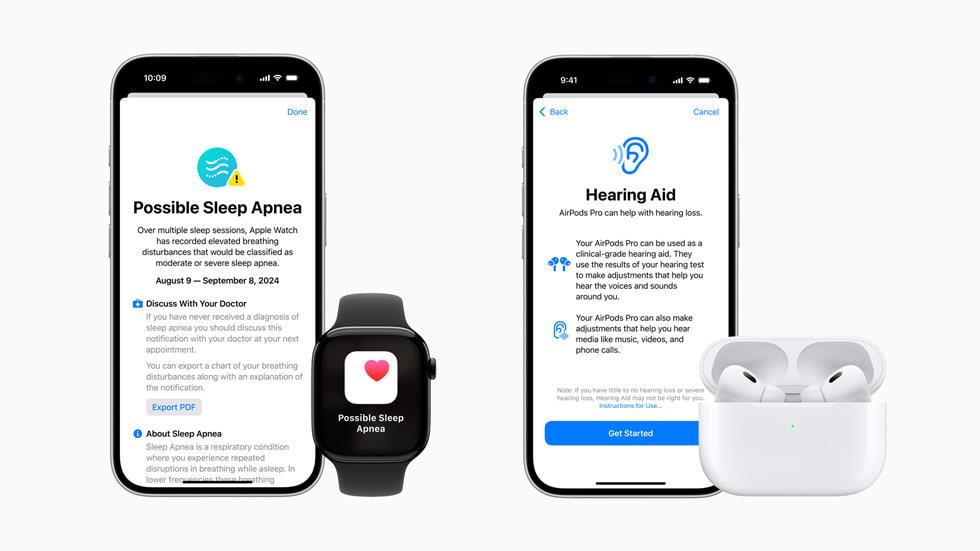



Yes, some time windows is the right tool, but you can use most of windows feature in Linux. I’m a linux user, and I think if you’re familiar with Linux, you’ll not need windows
The purpose of dual-booting is that it’s a laptop, which means he may be away from his Windows computers and need to use Windows. I love Linux, but sometimes Windows is the right tool for a job.
I prefer Gnome to KDE, especially you are using a laptop. And yes, you can easily install KDE app into Gnome desktop.
You should leave all 40G HDD for Linux partition, I don’t see the point install Windows here, since you already have a Windows computer. And you sould try Ubuntu for the first time using Linux, if you want to try a bigger distro, take a look at Debian, but it’s harder for a newcomer.
@Rob Horton
How would KDE vs. Gnome affect driver support? The only thing I can think of is when people tell you how to install the driver and it’s a simple GUI install, in which case you won’t have to ask anyway.
@Cheryl
Most apps are not specific to KDE or Gnome. Having both KDE and Gnome and being able to choose between them is a great option, I totally forgot that you can do that easily nowadays.
There are a decent number of posts here about how much faster Linux is on older hardware. Personally, I’ve not found that to be the case. Be it drivers or whatever, I’ve historically found that if the machine is actually *usable*, meaning, flash stuff is fast enough, browsers are responsive enough, etc. XP *feels* faster than Ubuntu, Fedora, Suse, etc.
I’d recommend dual booting to a clean install of XP and deciding for yourself. The Linux route is a good learning experience, but I’ve never found it to be faster when the machine is going to be used…meaning, it isn’t serving files, acting as a router, etc.
If you decide to go the dual boot route, it’s very easy, setup a 1G FAT partition, followed by a 10G NTFS partition for XP, then install Linux after that. Linux will handle it’s partitions and the boot loader just fine.
I’ve installed Ubuntu on a couple of laptops, a Gateway that’s about 3 years old and a Compaq that’s 5 years old. I had no driver issues on the newer one and set it up to dual boot, though I rarely boot into Windows. I did have an issue with the wireless card on the Compaq, but was able to find the help I needed online to resolve it. With a 40gb hard drive, don’t dual boot. I recommend Ubuntu over the Kubuntu in the event that you encounter any driver issues. You are more likely to find the help you need to resolve the driver issues under Ubuntu, at least that has been my experience.
You will want to have internet access to keep it updated and to add software not included with the standard distribution more easily.
I would recommend waiting about a month, as the new Ubuntu version is due out April 23.
I would definitely use it for linux only. Since you already have a windows box, why both dual booting it. It would especially be good to run linux on since it typically uses less resources than windows. I’ve done the same thing a couple times with old laptops. Usually runs like a charm. Ubuntu is also a good pick for a beginner. I used to use Slackware which is pretty good for someone a little more familiar with it. I’ve also heard that Mint linux is good as well.
I got a laptop too. Not very powerful but still enough for travels. I installed on it ubuntu one time, but I’m more convinced by fedora now. Anyway, I killed my X and converted my laptop to a server. transmission-daemon, amuled and ssh installed, and I got a very lightweight secure server that I can remotely access from windows. I even put a ftp server for when I want to send or get files from outside my router. All very safe and nice, I must say. I mean, why the need of an X desktop when ssh is enough?
But if I had an older, slower laptop, I would have tried with a minimalistic distribution like DSL, or an optimized distribution like Gentoo. I’m sure even a 486 would be fine.
Install Smoothwall and use it as a router. It has it’s own built in UPS.
if you’re going to “try” linux, I would strongly suggest sampling different flavors via the multitude of available LiveCDs. There are many that have been tweaked for a particular look and feel (DreamLinux is a variant of PCLinuxOS and tweaked to be very Mac-like), and others that have been tweaked for particular functions (CAELinux is specialized for CAD and finite element analysis). I believe almost all of them will run off a CD-RW. Some are so…enhanced they require a DVD. If you’re considering dual-boot so you have access to certain Windows apps, I would recommend installing Wine and testing it to see if it will suffice.
I also got for free an old laptop with AMD 1800+ and 256Mb RAM and 20 Gb HD. I installed Ubuntu 8.04 alone, but it is possible to also have Windows and dual boot (20+20Gb would be OK). So your laptop is more than capable to run Ubuntu (which is the distro I recommend). I later added another 256 Mb RAM to run multiple applications easier. Internet is not a must to install and run Ubuntu, but most tutorials are there. Good luck
Check out Wubi.. http://wubi-installer.org/ First install windows, then run Wubi, it will download the ubuntu iso, then install ubuntu. You wont find an easier way to install linux, and if you are unhappy with the installation. Goto add/remove programs and uninstall it.
I am a Linux dilettante, but try Freespire if you are used to Windows. It seems to go back & forth between Debian & Ubuntu.It is a nice OS for the low cost of nothing.
My problem was I could never get my screen resolution right, & more importantly, no drivers for my Canon Pixma MP470 printer (which is excellent, BTW).I went back to XP.
Hy,
YES, this machine works well under Linux distros. I have the same Toshiba as second computer. In the last 5 years, i installed lot of distributions on it, almost all of them were working fine.
My final choice would be debian, or second choice (k)ubuntu.
With 256M of RAM, this was working well. I added 512M more, it’s now pretty fast.
The main thing you will encounter is a nvidia driver problem (black lines on the left/right of the screen). The best solution is to use the nvidia/ati ENVY software : http://albertomilone.com/nvidia_scripts1.html
For internet connection, a cable connection works fine. WIFI is working too with (old) PCMCIA standard cards with ubuntu. It’s quite difficult to install them with debian.
Enjoys.
[Should I consider dual-booting?]
Yes, but…
First try using a ‘livecd’ of the linux distro you want to install. It will run linux off of a cd without changing your computer in any way. That way you can see how it looks and if it works with your hardware before you commit.
The normal ubuntu installer cd doubles
[Can my laptop handle it?]
I’m running ubuntu on a Thinkpad T20 with a 650MHz processor and 256MB RAM. Right now I’m using ~5GB of the harddisk.
Granted, it’s a little slow and I don’t have very much installed, but it’s fine for browsing the web, using remote desktop, etc.
Your laptop shouldn’t have any problem running it, and 30GB should be plenty.
[What distribution should I choose?]
Ubuntu is a good choice to get started with.
It’s been designed to be easy to learn to use, and has great community support.
[How important is it to have an internet connection?]
Having an internet connection makes installing things easier, as Mike said.
The second post here describes how to set up your wireless card: http://ubuntuforums.org/showthread.php?t=95591
Hi Cheryl!
I second the Windows first, Linux Second install. I would also definitely recommend Ubuntu first. It is SO plug and play, I mean it’s like Windows with a different skin. That was obviously a bit of an overstatement, but it is really easy to use. You can install it from Windows and if you can’t get something to work on it, you can just boot back into Windows.
I am not really experienced in Linux either, but I learned so much using Ubuntu, it really is great!
Since nobody else has said it, I will. If you’re going to dual boot, install Windows then Linux. It will save you many a headache.
Go with CrunchBang Linux at: http://crunchbanglinux.org
I’m running this Ubu-based distro on a PIII-300 w/384M of RAM and it’s very light on its feet despite the fact it has a very robust set of apps.
If that’s too slow, then Puppy is definitely your best option. After CrunchBang of course. ;-)
Rarst is referring to this list of software that Ubuntu get’s it’s files from. It is all figured out for you just go to install and pick what you would like and the Ubuntu package installer will get everything setup for you.
You can realistically run Ubuntu from 7gigs plus 1gig swap, minimum. You need to setup a separate swap partition or Hibernate won’t work.
I would definitely dual boot Windows it would be silly not to. You don’t have to use Windows but if you need to for work or a nice program comes out that is windows only, why not dual boot.
Your question is a waste of time really. Go to wikipedia, there is a nice list of all the distributions. Ubuntu and all it’s flavors are really the best to use for a new person to learn. Thing is there is really nothing to learn. It is extremely simplified and once you get started you will realized the environment is exactly like windows.
Mint linux is a Ubuntu derivative that has all the nice mp3 and other codex’s installed right from the CD. Whereas regular Ubuntu will make you sit there and download everything piecemeal, because they are proprietary formats, bullshit.
Seriously go somewhere and download the live CD’s and make up your mind yourself use them and then install the one you like. The enviornments Gnome (my favorite as a windows user), KDE (too much shit, worse than vista), and XFCE (nice simple, used for low resource usage) can all install the other’s applications via the ubuntu installer automatically if you want them to.
So I would go with the Gnome install of Mint (ubuntu derivative) myself. Puppy linux is insane to install on a flash drive it is 100 megs installed and it is fast and has wonderful apps installed (but it doesn’t have the bells and whistles Ubuntu has).
@Cheryl
I didn’t mess much with it but for Ubuntu I think it’s possible to create CD for moving all of installed software from one Ubuntu installation to another.
Downloading separate setup package is possible but not as easy as with Windows because some Linux software may be in numerous packages or depend on some 3rd party ones.
Basically it is designed to work with Internet connection and there are several ways (of variable geekiness) to work around that.
I suggest you look into sharing your conection from desktop to notebook because it will make many things easier.
On kubuntu, etc. It’s probably best to try different ones and choose what you find comfortable. On virtual machine I use Xubuntu (with Xfce) because it requires less resources.
Rick – I do have access to the internet so if I get stuck I can always use the connection for my desktop to search for an answer.
Rarst – You mentioned moving packages from somewhere. Are you referring specifically to another PC running Ubuntu or can I just download a package on my Windows machine and then transfer it?
Folks who suggested Kubuntu – I was given to understand that KDE apps can run on Gnome and vice-versa. How does that work? Also, I read that one can install KDE on an Ubuntu machine and choose which desktop to use. Why not try that?
I don’t really think you should dual boot, try Ubuntu’s Live CD and see if the wireless works, it worked perfectly fine on my other computer.
I don’t see point in dual boot for purely learning PC. Unless you want to learn how to setup dual boot. :) Decide if you want to od anything except learning Linux.
Ubuntu is nice choice – widespread and maintained. Designed (relatively) for desktop usage as well.
Internet connection is relatively important. Linux itself would want to download updates after install and most of software is supposed to be installed from online repositories – unless you are ready to learn how to move packages from another installation that has Internet access.
Myself I prefer poking Linux on virtual machine, can’t break anything that way and no need for dual boot or whatever.
I forgot about the space question. 10gb might be anemic for Windows. 30gb will be more than enough for Kubuntu. Dividing it into 20 and 20 might be a good compromise for both.
A lightweight distribution might be a good idea if you were experienced with Linux, but for a noob I’d recommend Kubuntu as suggested above. Kubuntu is the same as “regular” Ubuntu except for one major software package, the GUI environment; unlike Windows, there are multiple choices, and the two most popular are Gnome and KDE. Gnome is more slick and novel, while KDE is more familiar for Windows users. Kubuntu is published by the same folks and downloaded/supported from the same website.
Dual-boot if you want, your driver worry doesn’t affect dual-booting.
You’ll definitely want an internet connection at least while you’re learning and getting comfortable with it. You obviously do have an internet connection, else you wouldn’t have been able to ask here, unless you’re using public internet or your connection at work. The best place to find answers to questions about learning a new operating system is the internet, so if you don’t have it at home, get it.
Use Puppy, its awesome & very lightweight
ubuntu is the no1 choice in my opinion, i got a good tip for you. google for something called the ubuntu mini image. its an 8mb large boot cd, that enables you to install all the fresh packets via the web. and you can choose all different flavors of ubuntu before content will be downloaded. ive got the best experiences with slower laptops. normal full installations tend to copy alot of stuff you’ll never need
Hi,
good choice installing linux.
most Linux Distri should run fine on this model. I you feel that it is a bit slow try Xubunut instead of ubuntu. Anyway for a Windows user I recommend Kubuntu, since I feel the first impression is more windows like.
The ubuntu family is a good choice for their great community as well. I guess suse has something similar, but I prefer Debian based Distros.
Internet connection is not a must have but it makes installing apps and some ohter stuff easier.
I would consider single boot. This way you have no other choice which helped me to learn about linux.
And in case you need windows try virtual box.
Hope this helps a little,
Mike